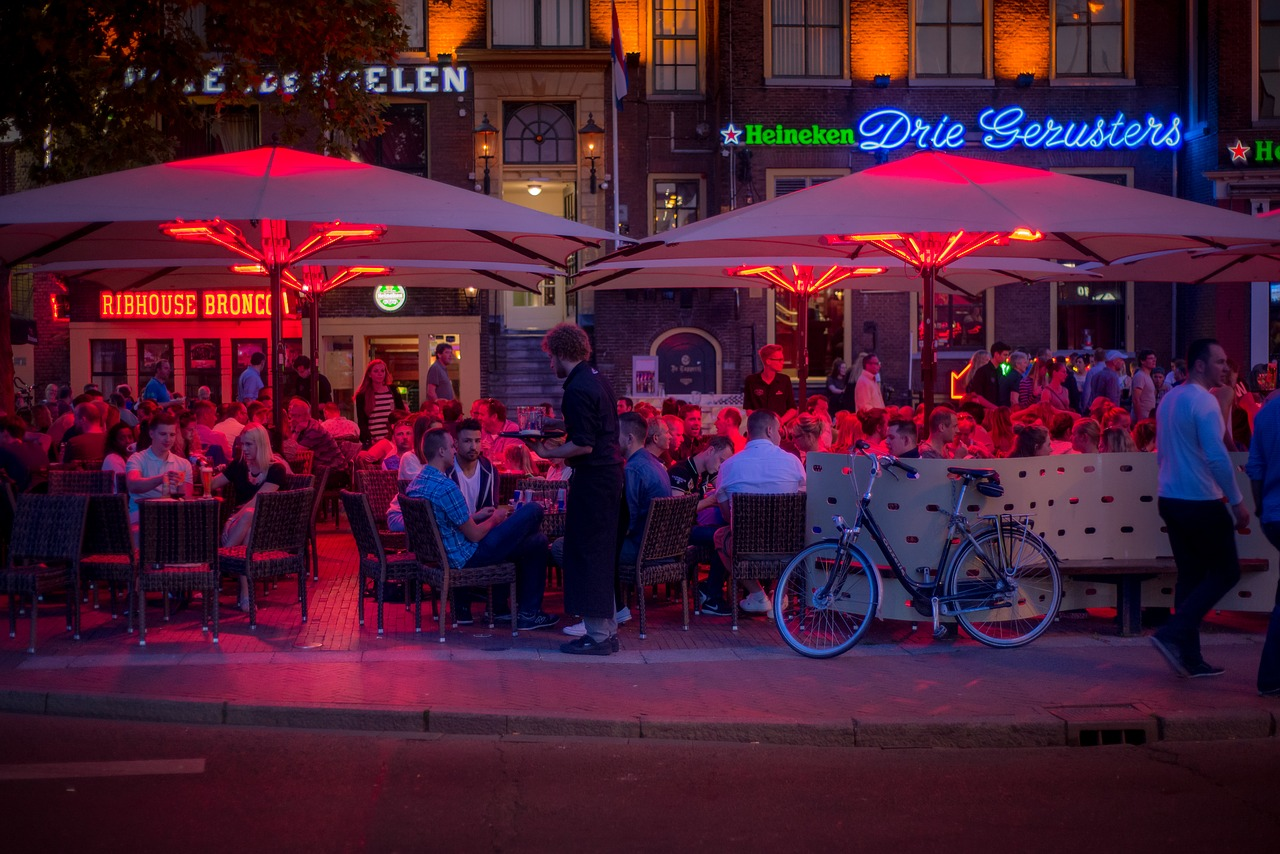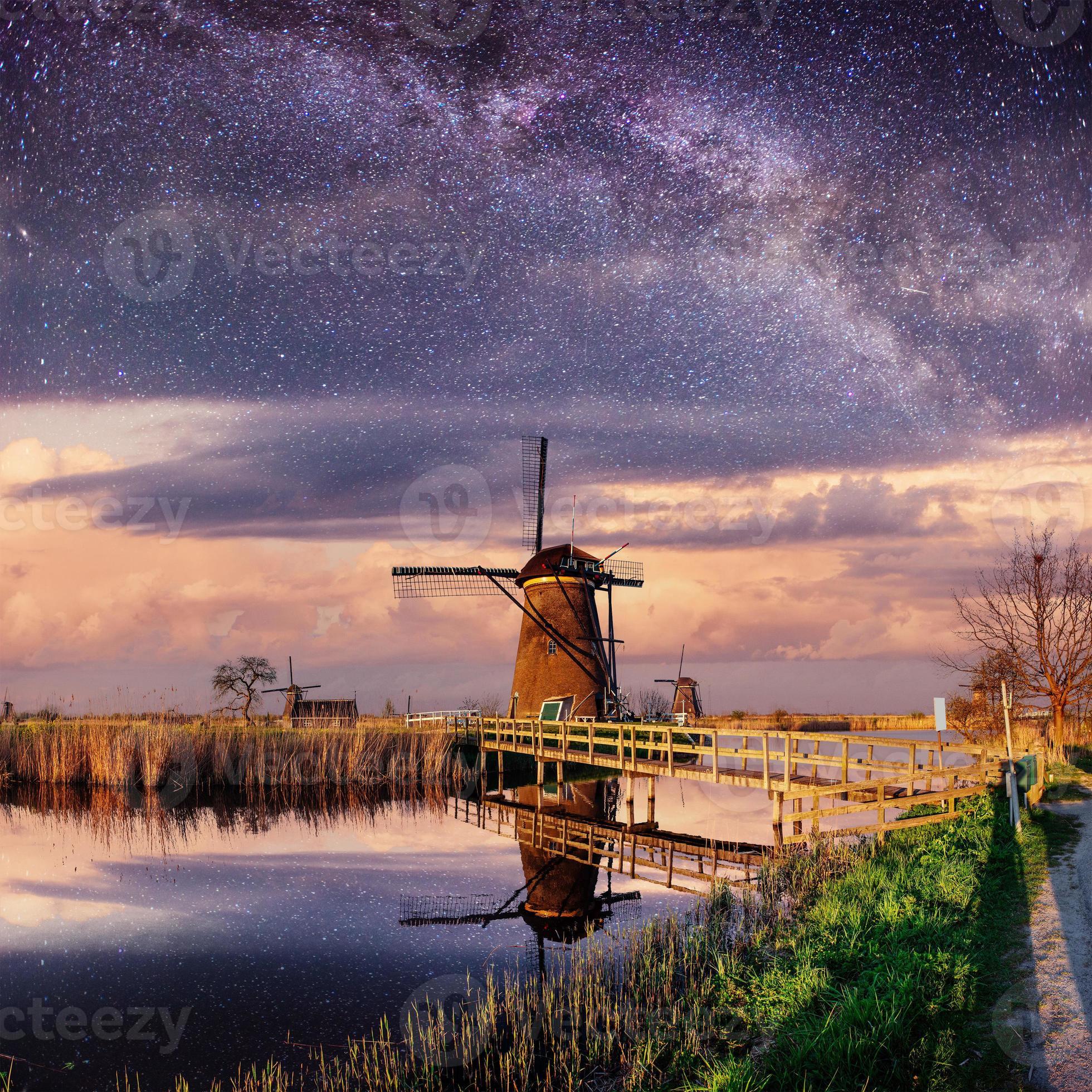Is Futch Night Inclusive?: Racism Allegations
Is Futch Night truly inclusive, or is it another space where the margins of the LGBTQ+ community find themselves excluded? The recent allegations of racism surrounding these events raise serious questions about who is truly welcome and whether the spirit of community is being overshadowed by a select few.
The term futch, historically used within the lesbian community to describe a blend of feminine and masculine traits, has become the namesake of a series of popular queer parties held in major cities like New York, Los Angeles, and San Diego. These events, often described as a sexy sapphic fire hazard, promise playful experiences, performance art, and guest DJs, drawing in crowds eager for connection and celebration. However, beneath the glittering facade of inclusivity, a darker narrative has begun to emerge, one that speaks to the ongoing struggles for true representation and belonging within the queer community, particularly for Black sapphics.
| Event Name | Futch Night |
|---|---|
| Trademark Holder | Futch Night, LLC |
| Trademark Address | 7799 Peachtree Ave, Panorama City, CA 91402 |
| Regular Event Locations | New York, Los Angeles, San Diego |
| Ticket Price | $15 |
| Related Events (San Diego) | San Diego Pride Weekend Pool Party for Queer Women (Jul 20th, 12:00 PM), Lesbian Speed Dating |
| Reference Link | USPTO Trademark Information |
The whispers started subtly. A cautious approach, a held breath, a sense of waiting for the other shoe to drop a feeling all too familiar to queer people of color navigating predominantly white spaces. Then, the stories began to surface: accounts of microaggressions, exclusionary practices, and a general disregard for the experiences of Black sapphics within these supposedly inclusive environments. These werent isolated incidents; they formed a pattern, a chilling echo of the systemic racism that plagues society at large.
The very term futch itself has become a point of contention. While some embrace it as a reclaimed identity, others argue that its current usage often stems from a misunderstanding and dilution of the historical butch/femme dynamic within lesbian culture. The popularization of the term through memes and online discourse has arguably contributed to this disconnect, further complicating the conversation around representation and authenticity.
The allegations of racism leveled against Futch Night are not merely about individual acts of prejudice; they highlight a larger issue of who gets to define and control queer spaces. When a particular group claims ownership of a term or an identity, they also assume a responsibility to ensure that the spaces they create are genuinely inclusive and representative of the diverse community they purport to serve. In the case of Futch Night, the question remains: are they living up to this responsibility?
The experiences shared by Black sapphics attending these events paint a starkly different picture from the advertised image of playful inclusivity. The feeling of being othered, of being on the periphery, of having their voices silenced these are not the hallmarks of a welcoming community. Instead, they point to a deep-seated need for critical self-reflection and a genuine commitment to dismantling the barriers that continue to marginalize Black queer women.
Moving forward, it is crucial that Futch Night organizers and attendees alike engage in open and honest dialogue about these allegations. This is not about cancel culture or silencing voices; its about accountability, growth, and creating spaces where every member of the LGBTQ+ community feels safe, seen, and valued. The future of Futch Night hinges on its ability to address these concerns head-on and actively work towards creating a truly inclusive environment. The time for performative allyship is over; the time for real change is now.
The stories emerging from Futch Night serve as a potent reminder that the fight for equality within the LGBTQ+ community is far from over. While progress has been made, the experiences of Black sapphics highlight the ongoing need for intersectional activism and a commitment to dismantling all forms of oppression. Only then can we hope to create a truly inclusive queer community where everyone belongs.
What will the legacy of Futch Night be? Will it be a cautionary tale of missed opportunities and performative inclusivity, or will it evolve into a space that genuinely celebrates the diversity of the queer community? The answer lies in the actions taken now.


